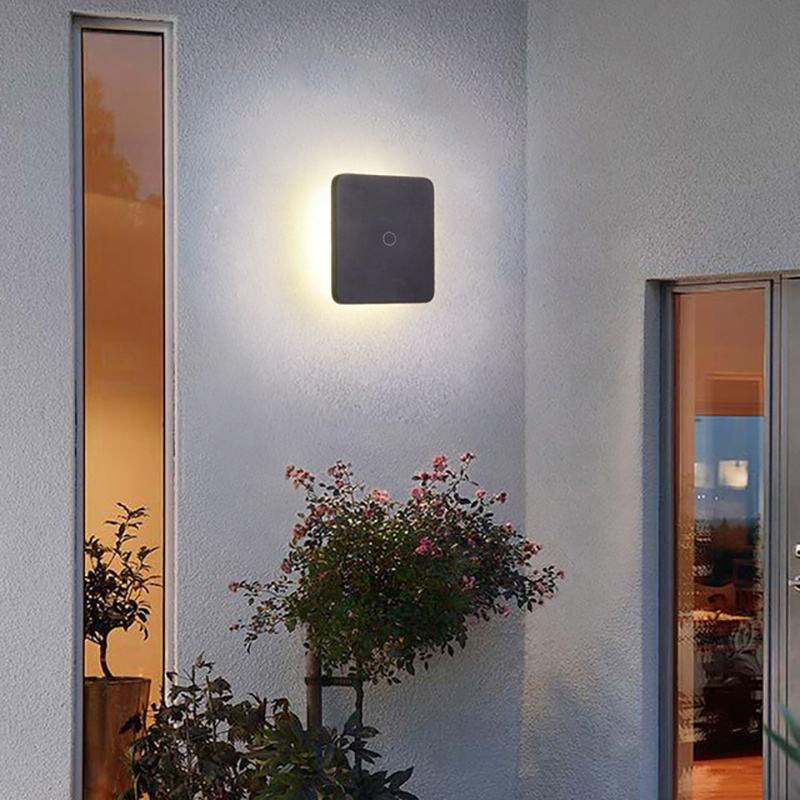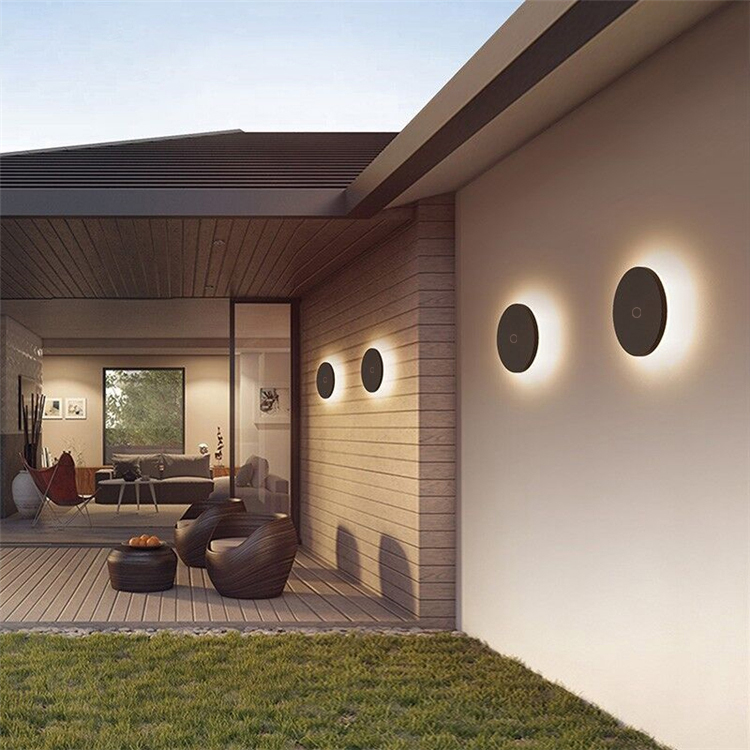A 22 years experienced manufacturer who has cooperated with 380 brands
- All
- Product Name
- Product Keyword
- Product Model
- Product Summary
- Product Description
- Multi Field Search
Author: Site Editor Publish Time: 2025-06-17 Origin: Site
Outdoor lighting plays a crucial role in modern urban landscapes, public safety and architectural beautification. Whether it is a residential courtyard, a park green space, a municipal road or a commercial square, scientific and reasonable outdoor lighting not only enhances the environmental quality, but also directly affects the sense of security and comfort of users. So, in the face of a wide variety of outdoor lighting products on the market, how to choose the most suitable outdoor lighting fixtures? This article will conduct a detailed analysis from multiple key dimensions.
1. Clarify the lighting requirements and application scenarios
The first step in choosing outdoor lighting fixtures is to clarify the usage scenario and lighting purpose. The requirements for lamps in different scenarios are completely different:
Courtyard/community landscape: Emphasize softness and beauty. It is recommended to use lawn lamps, wall lamps, column lamps, etc., which are both decorative and functional.
Road/street lighting: High brightness and uniformity are required. LED street lamps or high-pole lamps should be selected to meet the traffic lighting standards.
Commercial facade/building outline: Attention should be paid to the lighting effect and color temperature consistency. Floodlights, wall-washing lights and line lights can be used.
Parks/squares/walkways: They need to be anti-glare and have high safety. Commonly used ones include garden lights, underground lights, and path lights.
Only by clarifying the purpose of lighting can the performance and type of the lamps be precisely matched to avoid "excessive lighting" or "insufficient effect".

2. Pay attention to the protection level (IP level) of the lamps.
Outdoor lighting is exposed to a variety of complex environments such as rain, dust, sun exposure and wind, and the protective ability is of vital importance. The protection level is usually represented by IP codes:
IP65: Dust-proof and water-resistant, suitable for most outdoor environments;
IP66 to IP67: Resistant to strong water spray and short-term immersion, suitable for harsh weather and damp areas.
IP68: Suitable for underwater or extreme environment lighting, such as water feature lights and fountain lights.
It is recommended to choose lamps with at least IP65 rating or above based on the actual environment to ensure safety and stability in use.
3. Considering weather resistance and service life: Outdoor lamps are exposed to the natural environment for a long time, and the material and coating process have a significant impact on their lifespan.
High-quality outdoor lamps usually have the following characteristics:
Uv-resistant and anti-oxidation shell: Prevents aging and discoloration caused by direct sunlight exposure;
Anti-corrosion metal materials: such as aluminum alloy and stainless steel, suitable for highly corrosive environments like coastal areas and industrial zones;
The surface spraying process is stable: such as electrostatic powder spraying, which improves oxidation resistance;
High-quality light sources and drivers: LED beads should have high color rendering index and low light attenuation characteristics, and the drivers should support overvoltage and over-temperature protection.
The service life of high-quality lamps is usually over 30,000 to 50,000 hours, significantly reducing maintenance frequency and replacement costs.

4. Select the appropriate illuminance and color temperature
Outdoor lighting needs to strike a balance between functionality and visual comfort
Illuminance selection: If the road needs to meet the brightness standard (generally 20-50lx), the garden lamps can be appropriately soft.
Color temperature suggestion:
3000K - 4000K (Warm white, neutral white) : Suitable for residential areas, communities, parks and other places with a warm atmosphere;
5000K - 6000K (cold white) : Suitable for areas such as roads, construction sites, and security zones that require clear visibility.
Good photometric design can also prevent glare and light pollution, enhancing the user experience.
5. Attach importance to energy conservation and intelligent control
Modern outdoor lighting is increasingly focusing on energy conservation, environmental protection and intelligence. When making a purchase, you can pay attention to the following technologies:
LED lighting fixtures: Compared with traditional high-pressure sodium lamps and metal halide lamps, LED has the advantages of high luminous efficiency, low energy consumption and long lifespan.
Intelligent control system: Supports functions such as light control, time control, human body sensing, and remote control, improving energy utilization efficiency;
Solar lighting fixtures: Suitable for remote areas or scenarios where wiring is impossible. Attention should be paid to the conversion efficiency of photovoltaic panels and the capacity of batteries.
Through reasonable layout and intelligent control system, not only is electricity saved, but also convenient functions such as automatic start and stop and timed lighting can be achieved.

6.Pay attention to safety and certification standards
Safety is always the bottom line of outdoor lighting. High-quality lamps should meet the following requirements:
It has safety certifications such as CCC, CE, RoHS and UL;
Anti-electric shock and anti-leakage design; The drive power supply is equipped with short-circuit, overload and over-temperature protection.
Comply with national or local lighting standards, such as "Road Lighting Design Standard" GB 50054, etc.
Regular brand lamps are more trustworthy. Avoid choosing "three-no" products or low-quality lamps with extremely low prices.
7. The appearance and style are in harmony and unity
Outdoor lighting is not only a functional device but also an important component of environmental beautification. The shape, color and material of the lamps should be in harmony with the style of the surrounding buildings and landscapes. For example:
Classical gardens are paired with antique-style garden lamps.
Modern residences choose minimalist line lamps;
Commercial plazas prefer RGB floodlights or smart lamp posts with a strong sense of technology.
Through visual unification and style matching, the overall environmental taste can be significantly enhanced.
Summary
Choosing outdoor lighting fixtures is not merely about picking something "that can emit light"; it involves functionality, aesthetics, safety, energy conservation and long-term maintenance costs. An excellent outdoor lighting fixtures should possess multiple advantages such as strong applicability, high protection level, weather resistance and durability, energy conservation and intelligence, appropriate illuminance, harmonious style, and reliable quality.
content is empty!